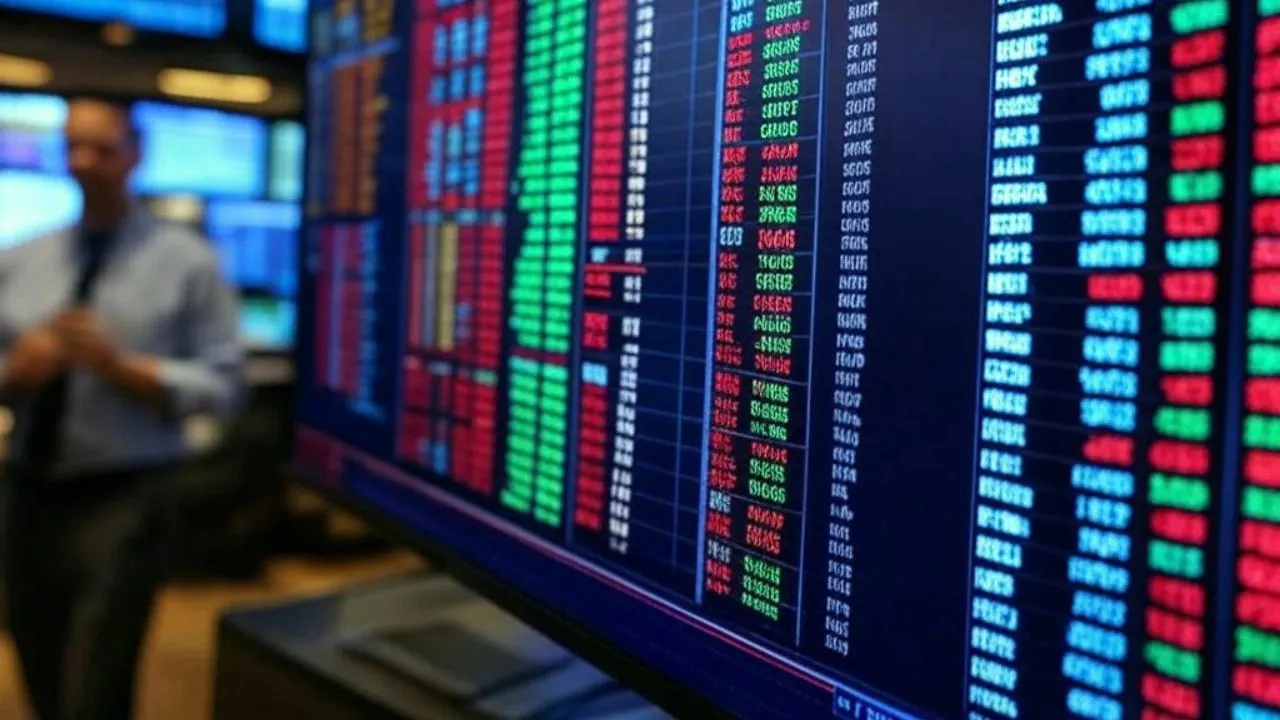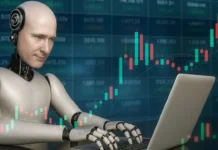
The world of finance can seem complicated, but today we’re breaking it down into easy-to-read terms. One key phrase you might hear often is Dow Jones Stock Market Futures.
Let’s dive into what it means, how it works, and why it matters to everyday people, investors, and the global economy.
Along the way, we’ll touch on related terms like stock market predictions, futures trading, and the Dow Jones index to give you a clear picture.
Need Easy & Extra $500/Mo For Free?
ySense: Earn up to $0.50 and $5 per survey, & a fixed $5.00 per referral. Join now.
Swagbucks: The average survey pays between $0.50 and $5.00. Join now.
Freecash: Earn up to $12.29 per offer & win up to $250 in the free case. Sign up.
Prizerebel: Earn points & gift cards with 12 million users worldwide. Sign up.
What Are Dow Jones Stock Market Futures?
The Dow Jones Stock Market Futures refer to financial contracts tied to the Dow Jones Industrial Average (DJIA), a famous stock market index that tracks 30 major U.S.
Companies like Apple, Microsoft, and Coca-Cola. These futures are agreements to buy or sell the value of the Dow Jones index at a set price on a future date.
Think of it like placing a bet on where the stock market will go up or down by a certain time.
Unlike buying stocks directly, futures don’t mean you own a piece of a company. Instead, they’re tools used by traders and investors to predict and profit from changes in the stock market.
For example, if you think the Dow Jones index will rise, you might buy futures now and sell them later for a profit.
How Do Futures Work?
Let’s keep it simple. Imagine you’re at a farmer’s market. A farmer offers to sell you apples for $1 each, but you agree to buy them next month at that price, even if the price changes later.
If apples jump to $2 by then, you still pay $1 and save money. If they drop to 50 cents, you lose out. That’s the basic idea behind futures trading.
In the Dow Jones Stock Market Futures, the “apples” are the value of the Dow Jones index.
Traders use these contracts to lock in prices based on their stock market predictions. They don’t actually “own” the index; they’re just betting on its future value.
Why Do Dow Jones Futures Matter?
The Dow Jones Stock Market Futures are a big deal because they give clues about what people expect from the economy. Here’s why:
- Early Signals: Futures trade before the stock market opens. If they’re up, it might mean investors are feeling positive about the day ahead. If they’re down, it could signal worry.
- Global Impact: The Dow Jones is watched worldwide. Changes in its futures can affect other markets, like the S&P 500 futures or even international stocks.
- Investor Confidence: Big future swings can show how confident (or nervous) people are about companies, jobs, or events like elections or interest rate changes.
For example, on March 25, 2025 (today’s date), if Dow Jones futures are climbing, it might mean traders expect good news, like strong company earnings or a stable economy.
Who Uses Dow Jones Stock Market Futures?
Futures aren’t just for Wall Street experts. Different groups use them in different ways:
- Investors: They might use futures to protect their money. If they own stocks and think the market will drop, they can use futures to offset losses.
- Traders: These are people who buy and sell futures quickly, hoping to make a profit from price changes.
- Companies: Big firms sometimes use futures to manage risks tied to economic shifts.
Even if you’re not trading, understanding futures trading can help you make sense of financial news or plan your investments.
Related Terms to Know
To fully grasp Dow Jones Stock Market Futures, here are some connected ideas:
- Dow Jones Index: The main number you see on the news (like 40,000 points) shows how those 30 big companies are doing.
- Stock Market Predictions: Futures are one way people guess where the market is headed. Other tools include expert opinions or economic data.
- S&P 500 Futures: Similar to Dow Jones futures, but tied to a broader index of 500 companies.
- Market Volatility: How much the stock market jumps up or down. Futures can hint at whether calm or wild days are coming.
How to Follow Dow Jones Futures
Want to keep an eye on Dow Jones Stock Market Futures? It’s easy! You can check financial websites like Yahoo Finance, Bloomberg, or even apps on your phone.
Look for “Dow Futures” or “DJIA Futures” in the pre-market section. These numbers move overnight and before the stock market opens at 9:30 AM Eastern Time in the U.S.
For instance, if futures are up 200 points before the market opens, it’s a sign traders expect a strong day.
But remember: futures are just predictions; they don’t always match what happens.
Why Should You Care?
Even if you don’t invest, the Dow Jones Stock Market Futures affect your life. A rising market might mean more jobs or higher prices for goods.
A falling market could signal tougher times ahead. Plus, if you have a retirement account like a 401(k), its value is often tied to stock indexes like the Dow Jones.
By understanding futures trading and the Dow Jones index, you’re better equipped to follow the news, talk about money with friends, or even start investing yourself.
My Final Thoughts
The Dow Jones Stock Market Futures might sound tricky at first, but they’re just a way to peek into the future of the stock market.
They show what people think will happen, help traders make money, and give us all a heads-up about the economy.
Whether you’re curious about stock market predictions, interested in futures trading, or just want to know why the Dow Jones matters, it’s all connected.
More on Moneyintra
- Rivian Stock Price Prediction 2023, 2025, 2030, 2040 and 2050
- ChatGPT for 10 Meme Stocks to Buy. Here’s what it Recommended
- Introduction to Private Stock Labs: What it is and How it Works
- Lucid Stock Price Prediction (LCID) for 2023, 2025, 2030, 2040, and 2050










